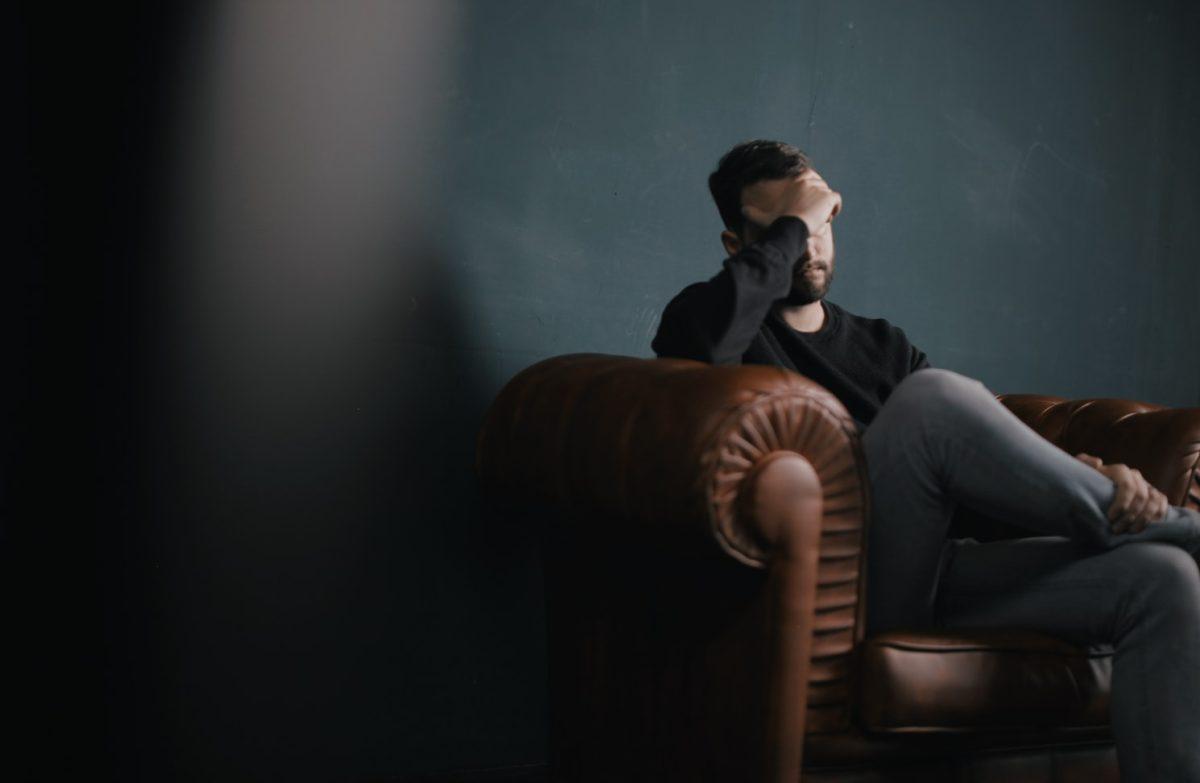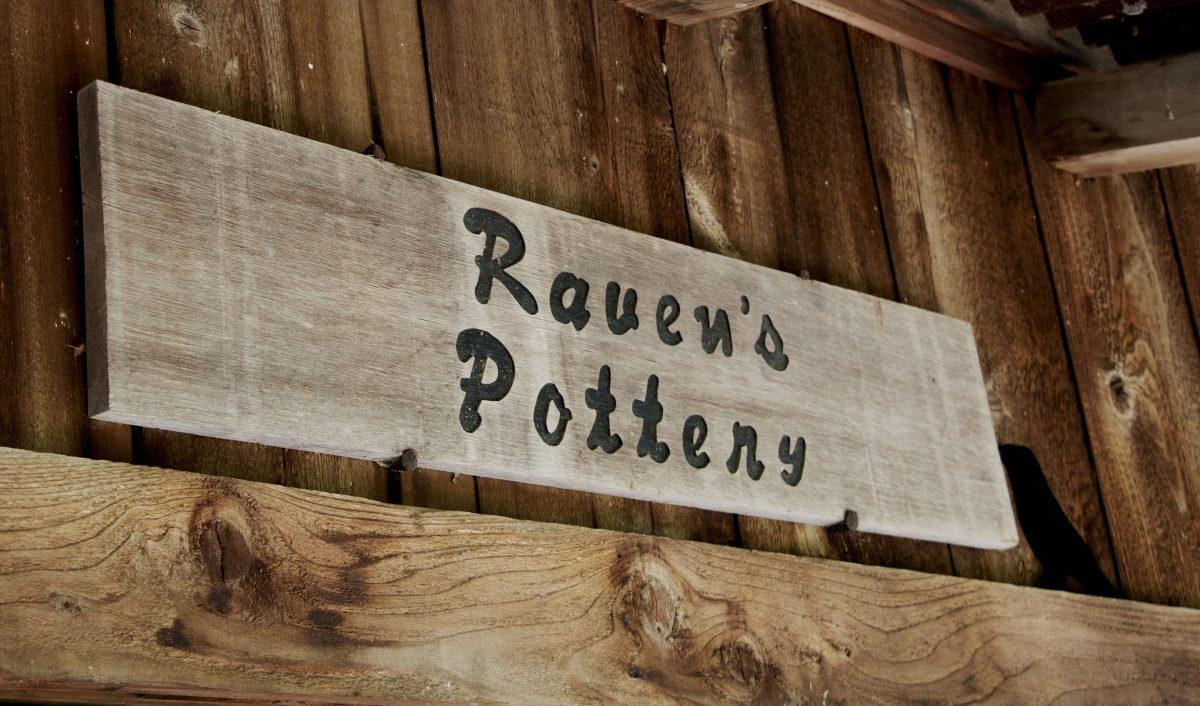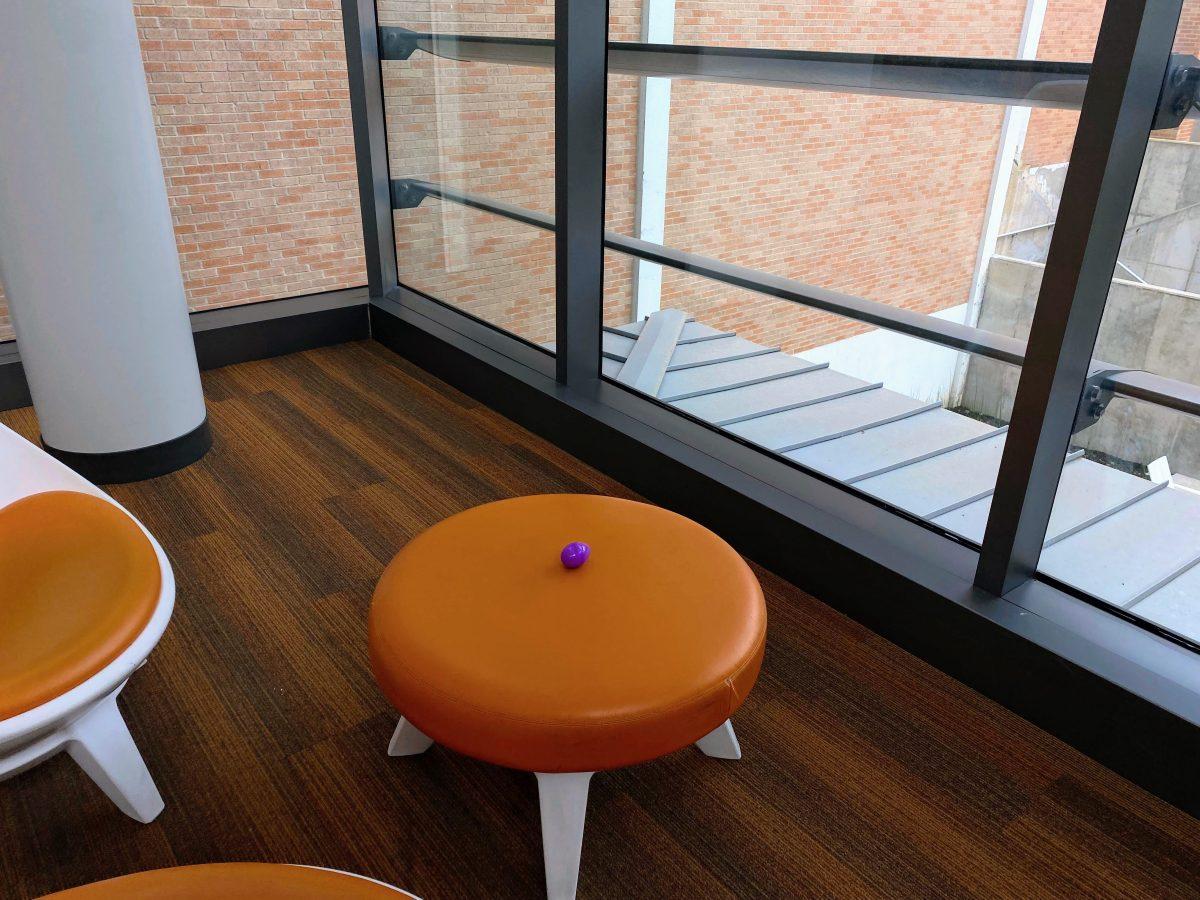
The month of September has now passed, which has been nationally recognized as suicide prevention month. During this month, many on campus organizations and groups have worked to help advocate the importance of mental health and prevent the senseless loss of life nationwide.
Although the month is over, a conversation about mental health is always important.
Despite suicide being the second leading cause of death in college students, conversations about the topic are considered taboo.
Sam Houston Health Center’s public licensed counselor Charlotte Jackson encourages students to initiate tough conversations that may save someone’s life.
“Sometimes we’re afraid to say those words but it actually opens up a line of communication to give a person the ability to talk about it,” Jackson said.
Jackson encourages students to check in on each other and ask how they are doing and to not be shy about asking questions about their mental state.
“Having a conversation about something that’s bothering us reduces anxiety and the feeling of isolation,” Jackson said. “We don’t do well when we try to handle it all by ourselves.”
Some signs to be aware of when determining if someone is depressed or in a poor state of mind are isolation and breaks in a pattern such as missing classes, not engaging with friends and an unexplained lack of interest in hobbies and activities.
Being a university student can come with unexpected stressors, but these stressors unveil unresolved traumas that were for so long lingering in the background. Sadly, some students are not equipped with the tools to deal with them.
The Counseling Center offers resources accessible to any student who may be dealing with depression or thoughts of self-harm. Students can set an appointment with a licensed counselor on campus or call directly into the counseling center to receive service.
If you are feeling depressed and need to talk to someone that is not a professional, there is a helpline service staffed by trained peers that are answered Monday-Thursday from 4:00-9:00 p.m.
Helpline: 936-294-4111












